Miles Lionfish
$45.99
-
Select Variant
The Miles Lionfish is also known as the Devil Fish or Devil Firefish. The color of the fish varies based on the maturity and age of the fish. The fish will display red-to-burgundy and white to black vertical stripes all the way down the back. It also has massive pectoral fins that resemble fans, as well as long spines with banded bands that cover the dorsal fin. It is also a bit larger than the Volitans Lionfish. Miles Lionfish is very similar to Volitans Lionfish with the exception of their source since this species is restricted by the Indian Ocean: Red Sea, South Africa, and eastwards to Sumatra. This Miles Lionfish differs from the visually identical Volitan Lionfish in that Miles has fewer spines in its dorsal as well as anal fins.
The spines of the pelvic, dorsal and anal fins can be poisonous and are used to defend. If you are stung, the reaction is similar to that of a bee sting, but it is stronger. The venom of the lionfish contains proteins that are destroyed by heat, which block them from reaching the bloodstream. After a stinging, you must remove the broken spines that have accumulated within the wound. Then immediately soak the affected area in the warmest water that you can stand in (not boiling) for 30 minutes. This should be followed by medical treatment. If you are sensitive to stings, it's recommended to seek medical attention immediately.
The Miles Lionfish can grow rapidly to reach an adult size of around 15 inches and once fully grown, these fishes need to be kept in 120 gallons or bigger aquarium that has numerous hiding spots. The fish will hide as it adjusts to its new environment and then will be exposed to the elements. It might consume smaller fish, shrimp, and other crustaceans that are in the aquarium.
When it is first introduced into the aquarium live saltwater feeder shrimp are employed to get this fish to consume. The diet of this fish should consist of fleshy food items like fresh shrimp and live fish and sometimes even crustacean flesh. Once it is fully settled in an aquarium with a bit of patience and diligence, Miles Lionfish can convert to eating cooked or uncooked, fresh seafood, silversides frozen and squid pieces frozen.
Approximate Size of Purchase: Small: 1" to 2-1/4"; Medium: 2-1/4" to 4-1/4"; Large: 4-1/4" to 6-1/4"; XLarge: 6-1/2" to 8"
- Description
- Additional Information
- Reviews
General information about the Miles Lionfish
The Miles Lionfish coloration can change based on the maturity and age of the fish. The fish will display the red-to-burgundy white, brown, and black vertical stripes that run all the way down the. Also, it has huge pectoral fins that look fan-like as well as tall spines that are banded in the fins of its dorsal. This Miles Lionfish is very similar to Volitans Lionfish. Volitans Lionfish with the exception of their origins since this species is restricted by the Indian Ocean: Red Sea, South Africa, and eastwards to Sumatra. This Miles Lionfish differs from the visually identical Volitan Lionfish due to the fact that Miles has smaller spines along its dorsal as well as anal fins. It can grow rapidly to a maximum dimension of around 15 inches and once they are fully grown, the fishes need to be kept in large aquariums with many hiding spots. It can hide during the process of acclimatizing to its new surroundings. It can consume smaller shrimp, fish, and other crustaceans that are in the tank. The spines of the dorsal pelvic and anal fins are poisonous and are used to defend. If you are stung, the reaction is similar to that of a bee sting but more powerful. The venom of the lionfish contains proteins that are destroyed by heat, which block them from circulating into the bloodstream. After a stinging, you must remove the broken spines that have accumulated in the wound. immediately submerge the area affected in the warmest water that you can stand (not scorching) for 30 minutes. This should be followed by medical treatment. If you are who are sensitive to stings, it is best to seek medical assistance immediately.
size
Large, Medium, Small
Units
1
Weight
6 lbs
Dimensions
1 × 1 × 1 in

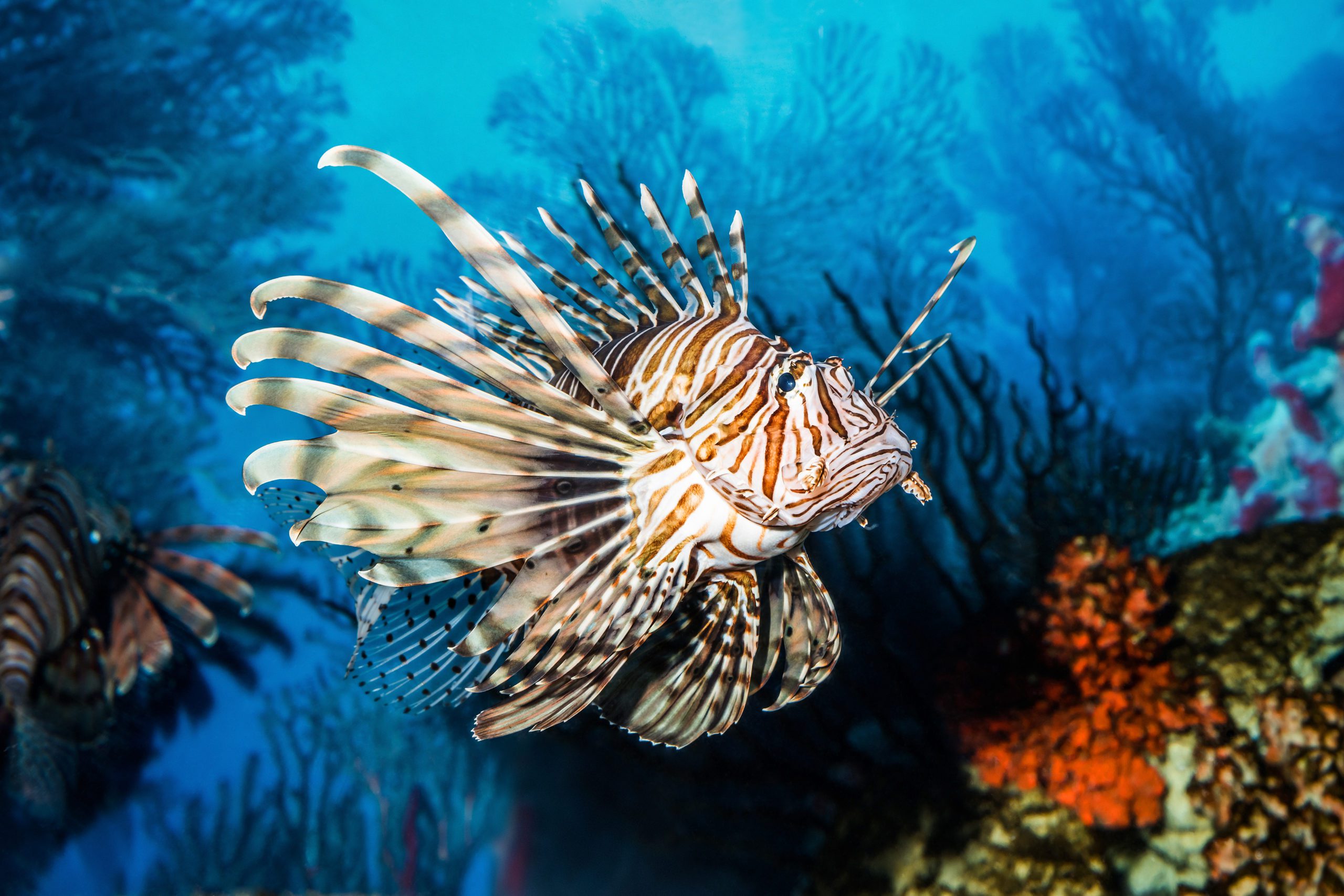
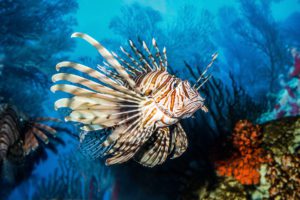
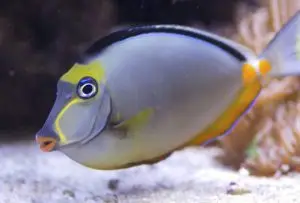
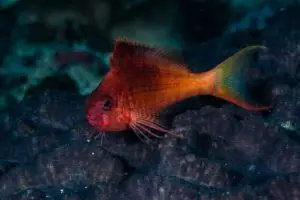
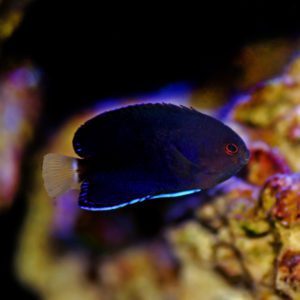
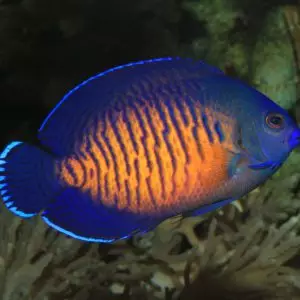
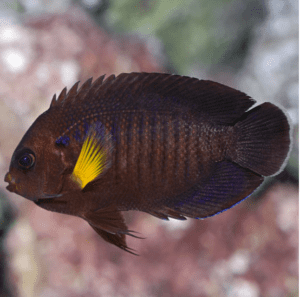
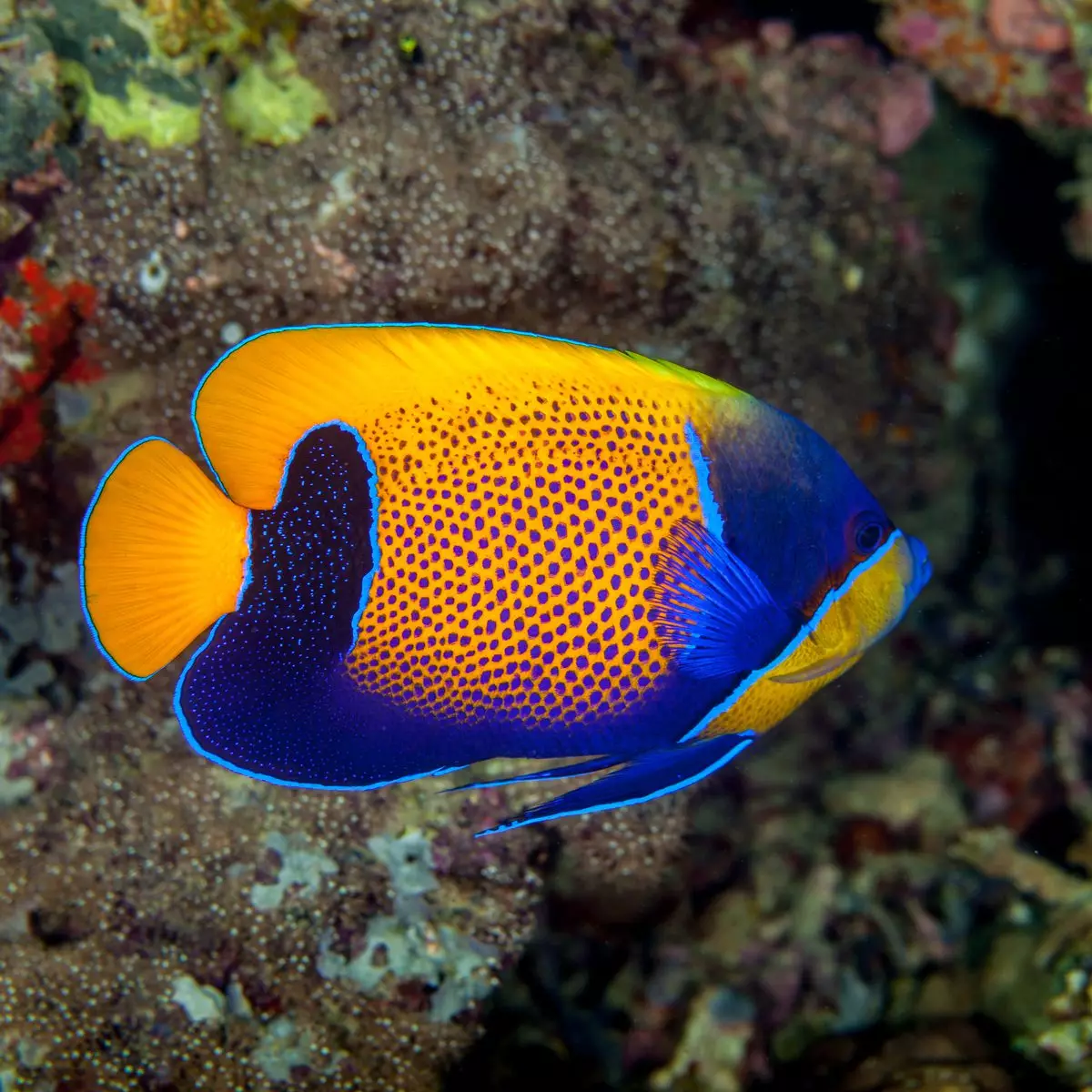
Reviews
There are no reviews yet.